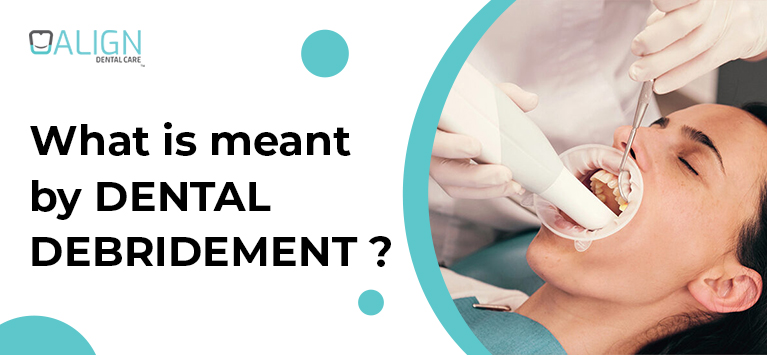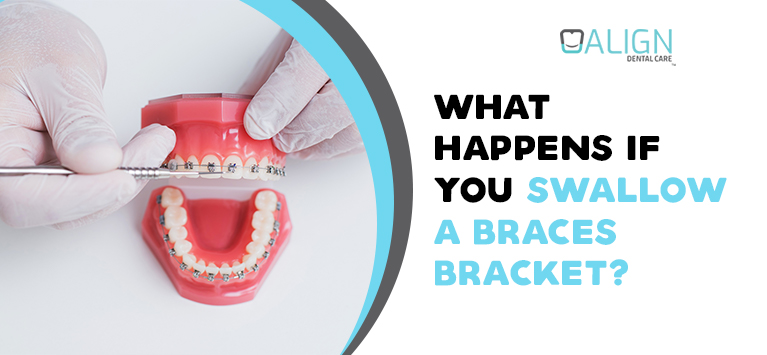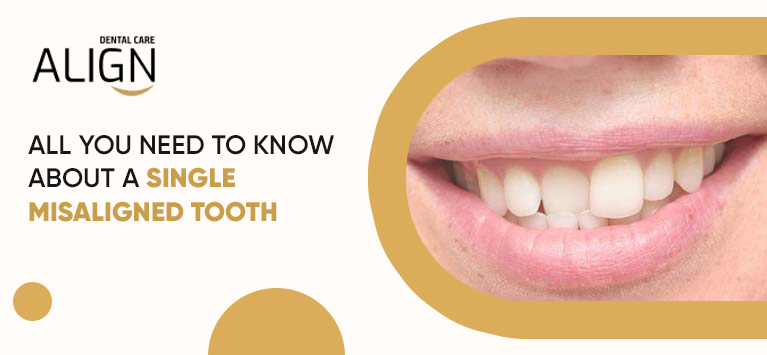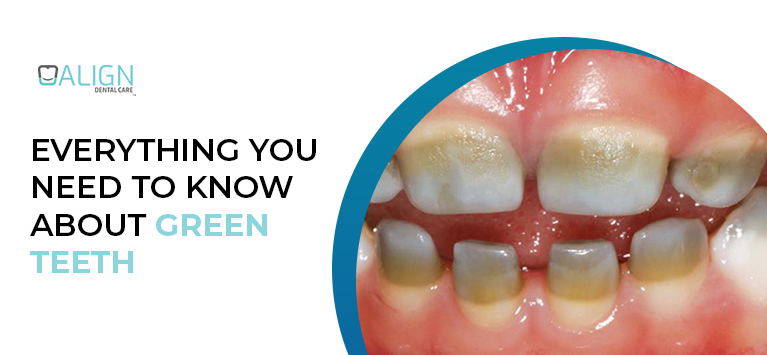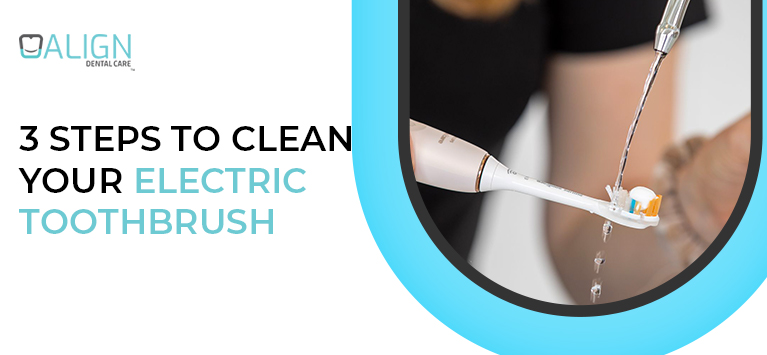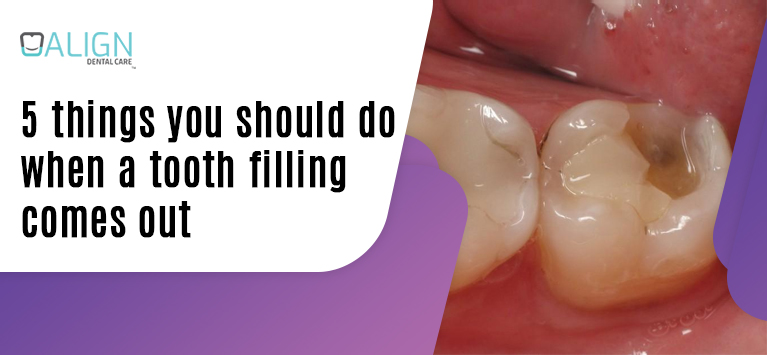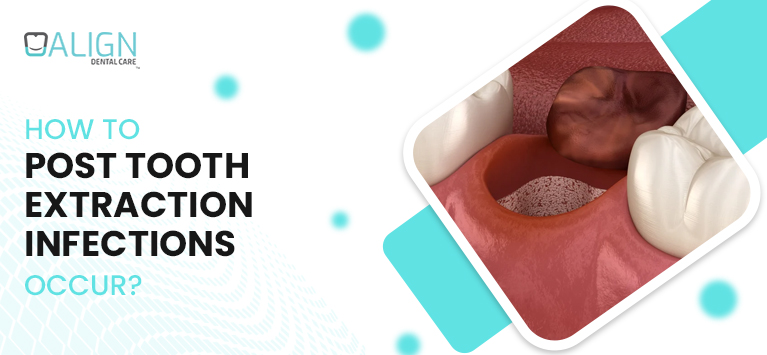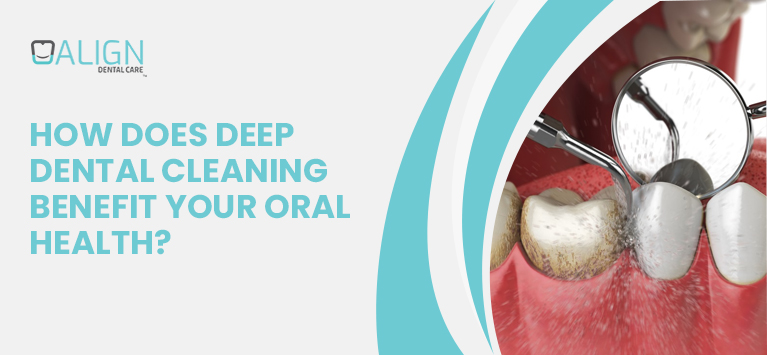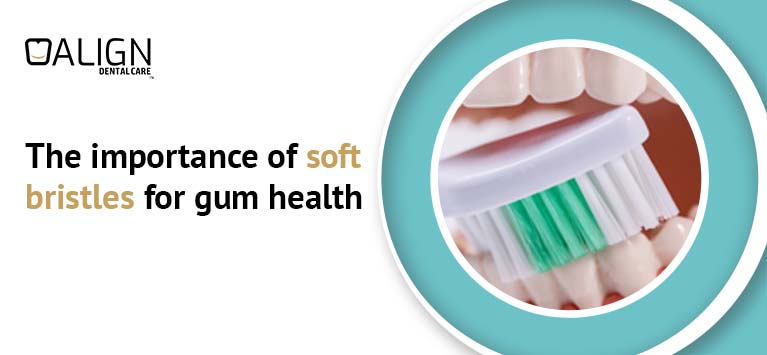
Tips to avoid gum diseases for diabetic persons
Gum disease, also known as periodontal disease, is the sixth most common disease in the world. People with diabetes are more likely to experience gum disease if they’ve had poor blood sugar levels for a long period of time. Because high blood sugar levels lead to damage to blood vessels, this reduces the supply of oxygen and nourishment to the gums, making infections of the gums and bones more likely.
Too much glucose, also called sugar, in your blood from diabetes can cause pain, infection, and other problems in your mouth. Glucose is present in your saliva—the fluid in your mouth that makes it wet. When diabetes is not controlled, high glucose levels in your saliva help harmful bacteria grow. These bacteria combine with food to form a soft, sticky film called plaque. Plaque also comes from eating foods that contain sugars or starches. Some types of plaque cause tooth decay or cavities. Other types of plaque cause gum disease and bad breath.
Here are a few tips to help combat gum diseases for diabetic people:
1) Make a commitment to manage your diabetes
Monitor your blood sugar level, and follow your doctor’s instructions for keeping your blood sugar level within your target range. The better you control your blood sugars, the less likely you are to develop gingivitis and other dental problems.
2) Brush your teeth at least twice a day
Brush in the morning, at night and, ideally, after meals and snacks. Use a soft-bristled toothbrush and toothpaste that contains fluoride. Avoid vigorous or harsh scrubbing, which can irritate your gums. Consider using an electric toothbrush, especially if you have arthritis or other problems that make it difficult to brush well. Get a new toothbrush at least every three months.
3) Floss your teeth at least once a day
Flossing helps remove plaque between your teeth and under your gumline. If you have trouble getting dental floss through your teeth, use the waxed variety. If it’s hard to manipulate the floss, use a floss holder.
Table of Contents
4) Schedule regular dental visits
Visit your dentist at least twice a year for professional cleanings, X-rays and checkups. Make sure your dentist knows you have diabetes. Every time you visit your dental doctor, remind him or her that you have diabetes. Make sure your dentist has contact information for yourdoctor who helps you manage your diabetes.
5) Look for early signs of gum disease
Report any signs of gum disease — including redness, swelling and bleeding gums — to your dentist. Also mention any other signs and symptoms, such as dry mouth, loose teeth or mouth pain.
6) Don’t smoke
Smoking increases the risk of serious diabetes complications, including gum disease and ultimately, loss of your teeth. If you smoke, ask your doctor about options to help you quit.
People with diabetes have special needs and your dentist and hygienist are equipped to meet those needs—with your help. Keep your dentist and hygienist informed of any changes in your condition and any medication you might be taking. Postpone any non-emergency dental procedures if your blood sugar is not in good control.








